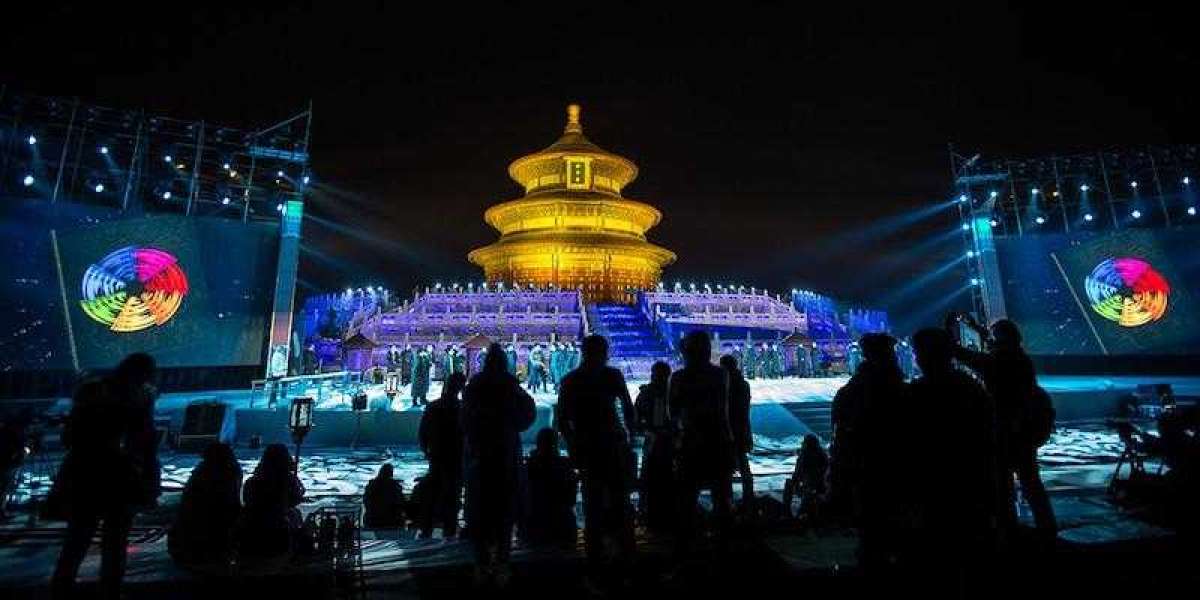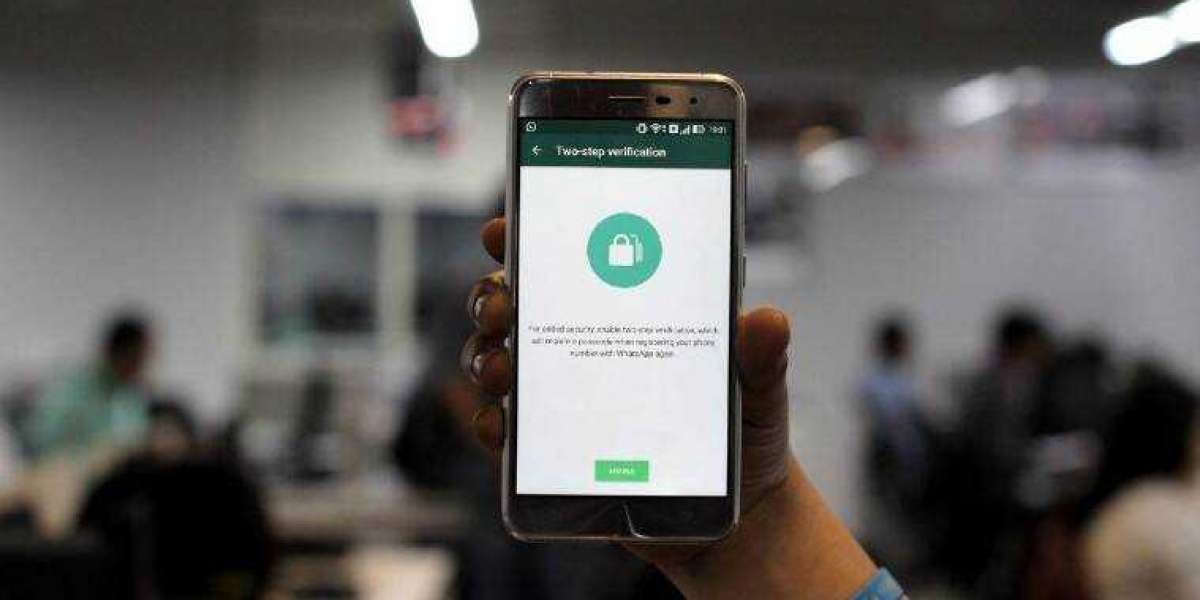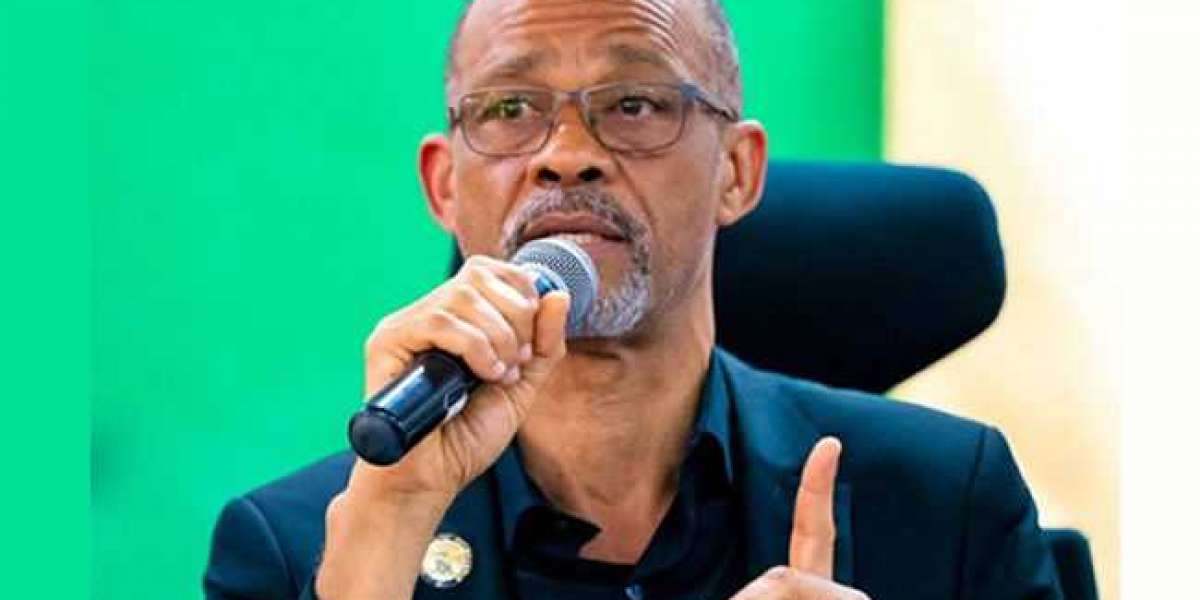At first, the organizers had to postpone the event’s original dates in April due to COVID-19. Then, as the pandemic waned and new dates were announced, the news was largely overshadowed by BJIFF’s official poster, which was widely ridiculed by folks online (we may have helped fan those flames a little). Nevertheless, after releasing a new official poster, the organizers held a press conference last week and unveiled what matters most: BJIFF's screenings, discussions, and speeches.
Of course, BJIFF did not emerge entirely unscathed by the coronavirus, and as a result, the screenings will take place on four different platforms – digital streams hosted by iQIYI, traditional television, 18 cinemas and venues across Beijing, and 24 outdoor viewings – culminating in 300 Chinese and foreign films being shown over the festival’s eight days. Likewise, there will be a whopping 500 “charity” screenings of roughly 30 films spread across 16 communities in Beijing’s Huairou district, about 50km north of the city’s center.
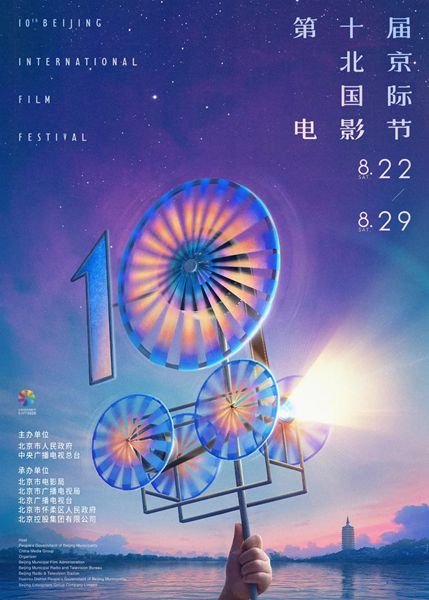
Not only is BJIFF international in scope, but it also reaches back decades in film history, from Soviet filmmaker Sergey Bondarchuk’s 1966 adaptation of Leo Tolstoy’s War and Peace, to Francis Ford Coppola’s ever-evolving 1979 hit, Apocalypse Now, and Italian director Giuseppe Tornatore’s 1988 love letter to film, Cinema Paradiso.
One notable hometown hero is Zumo Huang’s Romance on Lushan Mountain, which will be one of the 24 movies to be screened outside. Huang’s film actually holds the Guinness World Record for Longest First-Run of a Film in One Cinema, having been screened four times daily since it premiered at the Jiangxi Movie Circulation and Screening Company in the city of Lushan in Jiangxi Province on Jul 12, 1980.
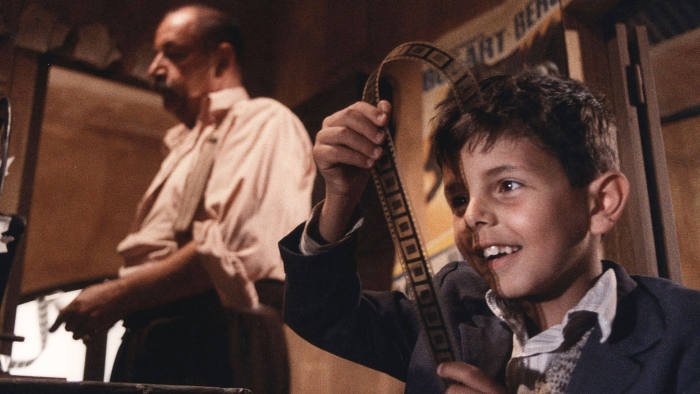
Aside from the films, there will be a slate of speeches and panel discussions with Wu Jing, star of last year’s Chinese Netflix hit, The Wandering Earth presiding over the festivities as ambassador. Other events include the 27th Beijing College Student Film Festival, an online “masterclass” led by Austrian director Jessica Hausner and Chinese director Stanley Kwan, and ten forums to coincide with the festival’s ten-year anniversary featuring industry leaders, filmmakers, media critics and scholars.
Tickets are now available for the festival. To get yours and to find out more about the film schedule, click here.
